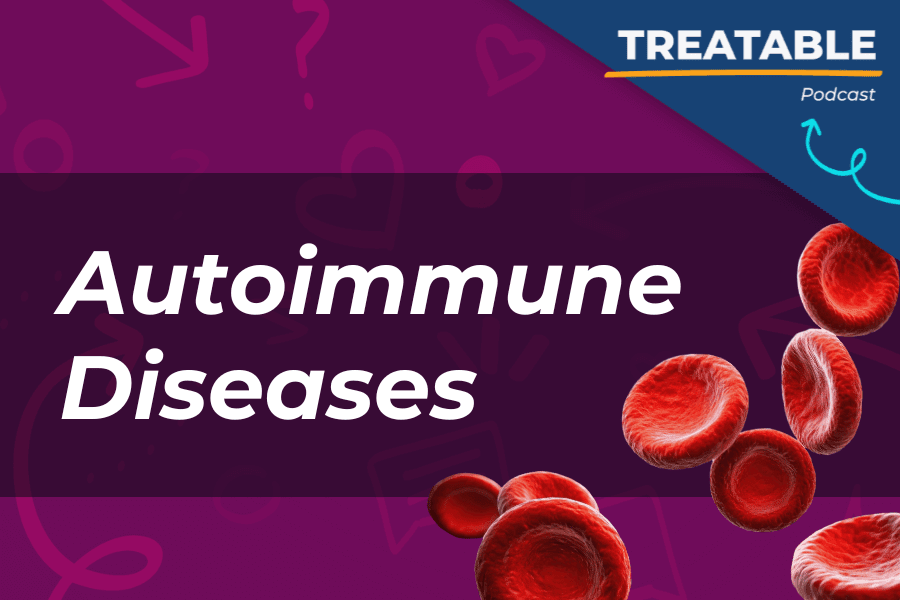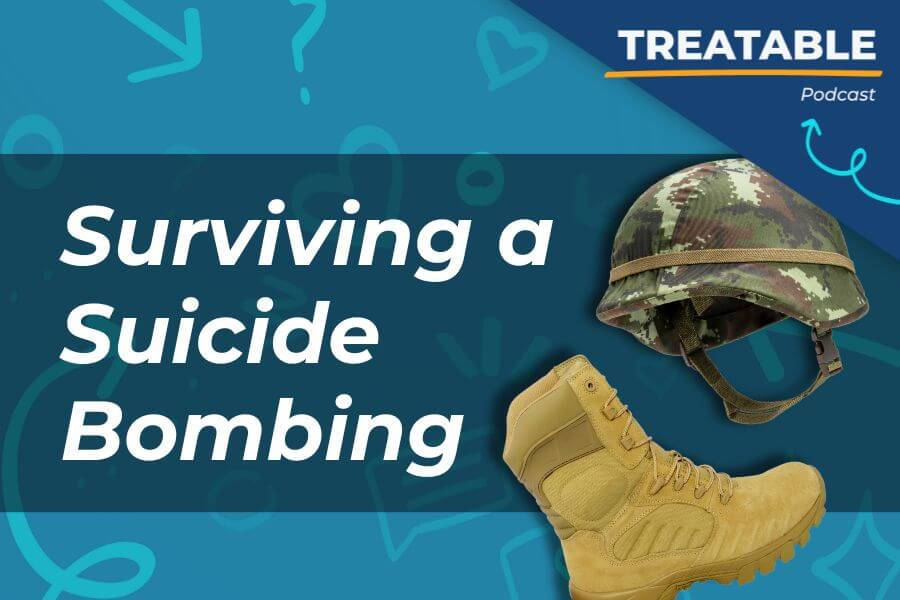Trauma has become a buzzword in mental health circles, often misunderstood and overused. But what does trauma really mean, how does it affect our lives, and why does it so often lead to addiction?
Can people truly overcome trauma, or is it something we carry with us forever? In the first part of this two-episode series on the “Treatable” podcast, hosted by Clint Mally, we dive deep into these questions with trauma expert Dr. Michael Barnes, who has over 40 years of experience in the field.
What is Trauma?
Trauma is frequently misunderstood. Many people believe that trauma is the event itself, but it is in fact our biological response to that event that keeps us stuck in our responses.
Not everyone who experiences a traumatic event suffers from post-traumatic stress disorder (PTSD). Factors like resilience and family history play crucial roles.
Dr. Barnes explains that trauma is more complex than simply telling a story repeatedly to make it go away.
Trauma influences us biologically, psychologically, and socially. An event happens, we experience it, and it interacts recursively with everyone who loves us, affecting them as well.
Understanding PTSD
Most people think PTSD is a lifelong diagnosis, but it officially became part of the Diagnostic Statistical Manual (DSM) only after soldiers returned from the Vietnam War. Before that, it was often referred to as “shell shock.”
What many don’t realize is that not everyone exposed to a traumatic event develops PTSD. The quality of family interactions and previous relationships significantly affect whether someone will develop PTSD.
Attachment Styles and Trauma
Dr. Barnes underscores the profound influence of attachment styles, formed during our early relationships with our parents, on how we respond to trauma.
He explains that attachment styles are not a choice but rather a result of how we were taught to regulate our emotions by our primary caregivers.
There are four types of attachment styles:
Secure Attachment
Formed in an environment where parents consistently help children regulate their emotions.
Anxious Attachment
Developed when parents are inconsistent in their responses, leading children to be hyper-vigilant.
Avoidant Attachment
Occurs when caregivers are largely absent or unresponsive, causing children to suppress their needs and emotions.
Mixed Attachment
A combination of anxious and avoidant tendencies, leading to complicated coping mechanisms.
Dr. Barnes believes it’s possible to overcome these attachment styles through mindfulness and new therapeutic techniques like Eye Movement Desensitization and Reprocessing (EMDR), which focus on regulating the nervous system.
Coping Mechanisms and Addiction
Coping mechanisms can be adaptive or maladaptive. Anger, for instance, is often used as a control behavior.
It’s a fight-or-flight response that keeps people at bay but doesn’t genuinely address underlying issues.
Similarly, substance abuse often starts as a way to manage dysregulated emotions or traumatic memories.
The Concept of Triggers
Trauma memories are particularly potent because they’re stored differently in our brain, often tied to sensory inputs.
For example, the smell of gasoline might trigger memories of a traumatic car accident for an EMT.
Understanding the sensory nature of trauma helps in identifying and managing these triggers effectively.
Role of Epigenetics
Dr. Barnes introduces the concept of epigenetics, suggesting that traumatic experiences can cause biological changes that are passed down through generations, potentially impairing emotional regulation.
This area of study aims to understand how generational trauma can influence present behaviors and emotional responses.
Moving Forward
The good news from Dr. Barnes is that with proper insight, new behaviors, and therapeutic interventions, overcoming trauma is possible.
Whether it’s developmental trauma or a significant shock event, understanding the biology of trauma and learning new self-regulation skills are fundamental steps toward healing.
In the next part of this series, Dr. Barnes will explore these coping mechanisms in detail, discussing practical ways to process and overcome trauma.
From understanding your emotions to therapies like EMDR, the journey of healing is profound but achievable.
Conclusion
Trauma is a complex interplay of biological, psychological, and social factors. With experts like Dr. Barnes and invaluable resources, understanding and treating trauma becomes a hopeful and promising journey. Remember, trauma is real, common, and treatable.
About the Podcast
This episode of “Treatable” was edited by Daniel Lopez, scripted by Alexandra Kruger, with a theme song by Sebastian Gonzalez and cover art by Joel Daniel.
If you found value in this episode, please leave a five-star review to help spread mental health awareness.
Stay tuned for part two, where we will discuss practical steps and therapies to overcome trauma.






